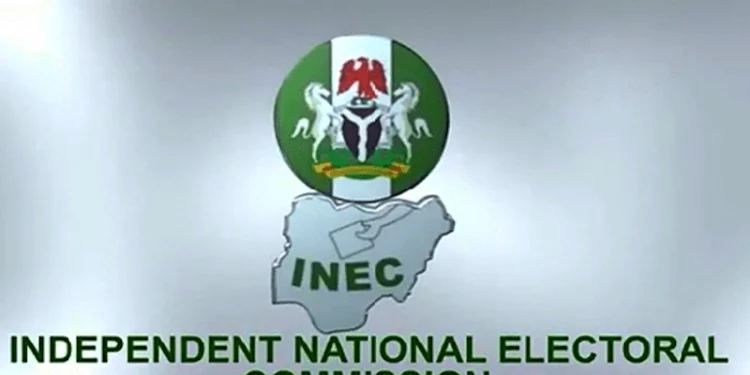The Osun State governorship election has come and gone leaving in its trail analyses of the democratic journey so far. And as is to be expected, stock- taking has begun. From the electorate, political actors, security agencies and the Independent National Electoral Commission (INEC), all the critical stakeholders are reflecting on the conduct of the off- season exercise that, with the Ekiti polls before it, serve as pointer to what Nigerians may have to expect in the general election in 2023.
More critical, in our opinion, is the fact that such introspection will significantly show how prepared or otherwise, the non-partisan stakeholders are ahead of the 2023 exercise, which for many, will be keenly contested and, if poorly handled, may have a telling impact on the stability and unity of the country. As much as perception of partisanship could easily portend danger for the system, an honest logistics failure would spark a crisis of immense proportions.
Nonetheless and to INEC’s credit, the assessment of most observers and monitors on the Osun election has been largely favourable. From deployment of voting materials to the functionality of the technological gadgets, the election management body deserves the positive assessment it has been receiving. It is important to stress the point that much of the success recorded in the two most recent polls is traceable to the deployment of technology and the palpable commitment of the leadership of the electoral body to ensuring a credible process devoid of past irritable shenanigans.
Even INEC itself will accept that a critical component in the whole process, the functionality of the Bimodal Voter Accreditation System (BIVAS), had caused concerns in previous off-season election. The council poll in the Federal Capital Territory (FCT), earlier was reported to have been characterised by complaints about the inability of BIVAS to function effectively. The FCT situation raised a lot of concerns as to the readiness of the machines and even the flexibility of the commission to respond promptly to any unexpected development.
Inundated by complaints shortly after the FCT polls, INEC promised to review and improve the BIVAS before the Ekiti and Osun Governorship polls as well as the 2023 general election. So far, it has kept that promise. At the June 18, 2022, Ekiti State governorship election, the commission measurably improved on those concerns and more. In the Ekiti election, the electronic transmission of results was used for the first time after it was signed into law in February.
It is worthy to note that those elections were used to test the recent legal innovations aimed at improving the electoral system, key of which is the use of electronic transmission of results, a long overdue component of the voting technology methodology. The use of this legally backed technology which seeks to ensure more efficiency, accuracy, authenticity and speed in the result collation process, were of immense interest as it kick-starts a new phase in the nation’s electoral system.
As a newspaper, we acknowledge and commend the deliberate efforts INEC has put in to ensure that these innovations are constantly improved upon as seen in the off- season elections.
However, the commission ought to be aware that the task ahead of it as 2023 looms in the horizon is as sensitive as it is enormous. As much as we urge that it continues on this path of deliberate upward improvement on the electoral system, we implore the commission to continually reorient its staff (including ad hoc staff) on the rules of engagement. The margin for error of judgement by one staff could be immense even under normal circumstances.
It is pertinent to observe also that the integrity of the electoral process is not INEC’s only to guarantee. There are other stakeholders whose roles are as critical as that of the electoral umpire. For instance, the security authorities, especially the Police Force, which is the leading security organisation in any democracy. Appreciable as their efforts have been throughout the electoral cycles, there is a compelling need to ensure that it reflects deeply on the way it has performed so far, particularly in the face of vote-buying menace.
It is disheartening to note, in our view, that from the Anambra election to the Osun exercise, vote buying and selling has remained a constant sore point in the electoral system. There is no end to the condemnation of this despicable act by politicians. The desperate ones among them, having seared their hearts of good conscience and reason, would conjure devious means to undermine the system for personal gains.
In our considered opinion, it is sad that this illicit transaction can take place while security operatives look on. It tells so much about the lackluster, if not compromising mentality of some operatives to their duty. This has to stop ahead of 2023. Much more deliberate and honest approach should be deployed by the high command to address this ugly trend.
Beyond the recent EFCC media show, much more intelligence needs to be deployed in preventing such action. The reactive approach isn’t the best.



